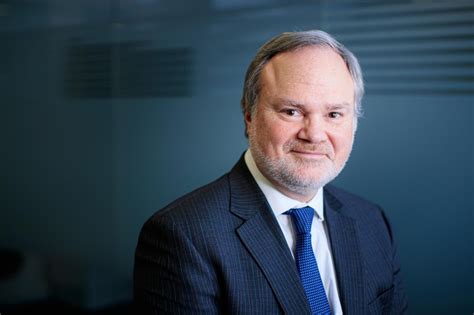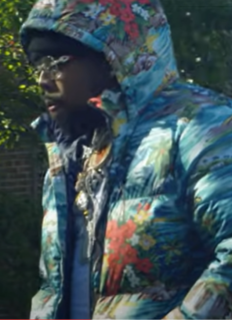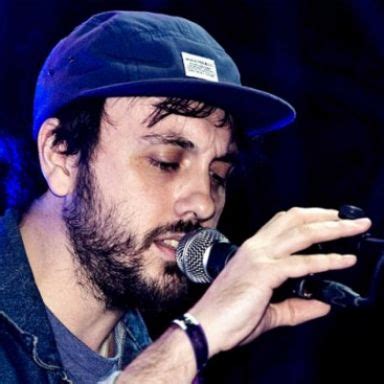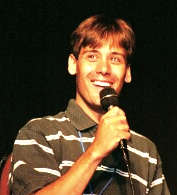A Quote by Geoffrey West
When you look at a city, you know, it looks so unique. You feel this kind of uniqueness, you know, and especially if you go from a big city to a small city or if you go from one country to another. Cities look very different, often. They even feel very different. You know, and they are, of course. They certainly are.
Related Quotes
I've spent most of my life in L.A. and I'm still amazed at things that I don't know about the place. There are a lot of places I've never been to yet and I may never even make it. There's so much here and there's so much of a variety in terms of culture now. It's amazing. It's all here in one big city. In a lot of ways, the city is unique in the world because it's hard to find another city that has the diversity and range. It's a microcosmic planet, if you look at it that way. And in that sense, it's very much an experimental city.
I was born in Quebec City, I've lived there many years before moving to Montreal and then Ottawa. And I mean, Quebec City is a very, you know, closed city if I may say. So it's not easy to be accepted living in Quebec City. So if you're from a different faith, you may be a bit timid in showing your faith. So I mean, you're already from a different country, you're an immigrant and hearing what you hear about Islam, you might not wish to be identified as a Muslim, and you may be very discreet into your faith and going to the mosque.
Every city is different for playing, actually. That's one of the hardest things: to play abroad. Because sometimes you know your city and your audience and you know what to play and what people will dance to. And later, you go to a place and you think this thing will work and you start playing and it doesn't work, and you have to be able to go to another side just to try to find what people like or whatever, or, like, try to make people dance as they are more used to. I don't know, it's quite strange - people dance in different parts of Europe in a different way.
If you've been to the city of Malmo in Sweden, or to Berlin or to Hamburg or to London or to Paris in the suburbs, or Rotterdam in my own country. You see many cities where there is a city within a city - where even today in the United Kingdom - I don't know if you're aware of that - there are even sharia courts active, whether it's rulings that the worth of a woman is half of that of a man.
Berlin is still a very edgy place, a very cosmopolitan place. It's a place where completely different ideas and cultures come together and clash in a very warm way. In a very warm-hearted way. It's a very young city. It's a vibrant city. It's an exciting city. It's a city that's also scarred by history. I think that's to be celebrated and graffiti is to be celebrated. Graffiti in Berlin is very different than when they spray something on the wall dividing the west bank and Israel. And should be treated as such in Berlin.
I love my city and I feel like the majority of the people that are in the city are people from other cities. So I think that L.A. sometimes might get a bad rap because it's known to be so Hollywood-oriented and then underneath that you have crime. But that's really the case in pretty much any major city that you go to.
One big disturbance, I think, between L.A. and New York is that New York is so condensed and together that it's very hard to be private there. There's a lot of constant interchange, people know what you're doing all the time. Here in L.A. it's the opposite, it's very spread out, unless you make a conscious effort to go someplace and look at something, you don't see it and we hear about it. So in that sense, it's a city where you can be very anonymous if you want to be, or even if you don't want to be.
Cities have always offered anonymity, variety, and conjunction, qualities best basked in by walking: one does not have to go into the bakery or the fortune-teller's, only to know that one might. A city always contains more than any inhabitant can know, and a great city always makes the unknown and the possible spurs to the imagination.


































